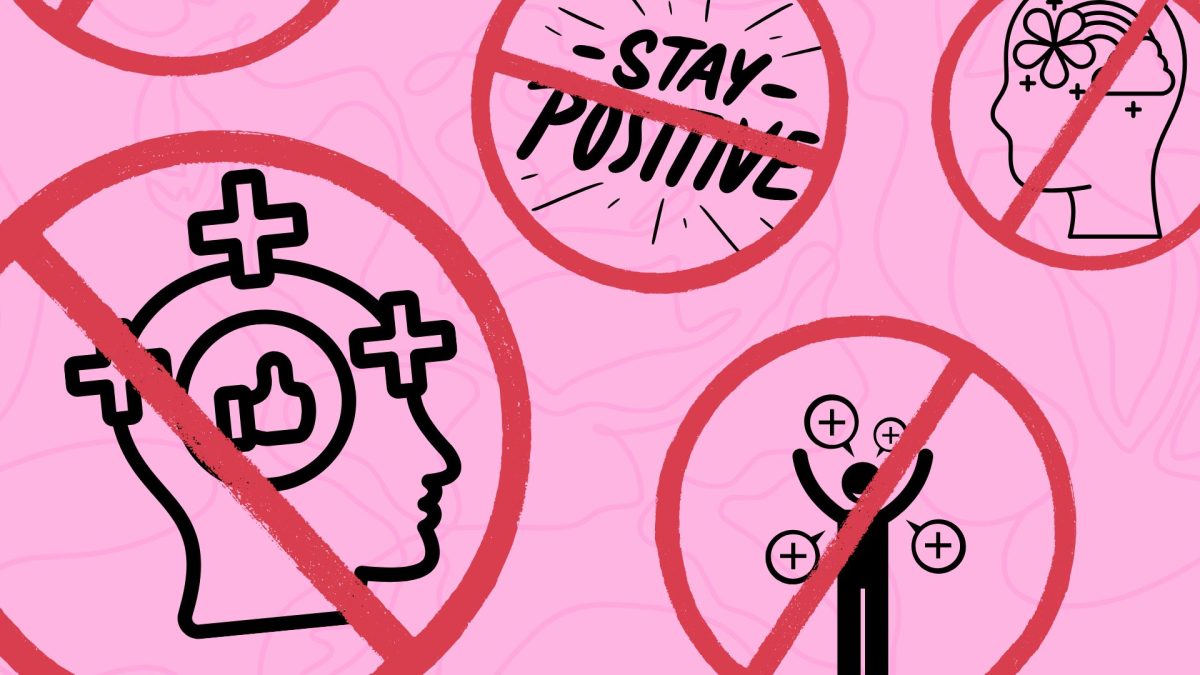Setting a New Years resolution is arguably the most popular tradition. Millions of people start off January with high expectations set for themselves, promising that they will develop healthier habits and get rid of the harmful ones. However, by February many resolutions get pushed aside.
One of the biggest reasons New Year’s resolutions fail is because of the unrealistic goals set at the start of the year. For instance, people may set a goal to lose 30 pounds in a month or decide to be active for at least an hour everyday. After years of being inactive, these goals are way too ambitious and you are just setting yourself up for disappointment causing your motivation to deteriorate. Moreover, people usually give up on achieving their goal if they mess up on a specific thing such as missing the gym one day. They believe one slip-up may affect the entirety of their resolution.
Additionally, sometimes people make New Year’s resolutions because they feel like they should when everyone else around them is, but not because they genuinely want to. The idea of setting goals at the start of the year is so forced upon that the pressure can make people choose resolutions that they may not necessarily care about. If someone sees their friends going on a marathon, they might want to follow along even though the goal doesn’t matter to them. When they don’t have a motive for the resolution, it can feel like they’re being forced when they should feel excited or passionate.
Using motivation alone to reach your goals is not necessarily effective either. You won’t always have it once the initial excitement of the new year fades, and everyone loses interest since they haven’t set a routine for themselves. In addition to this, motivation comes and goes so it can be hard to be consistent without a plan to keep you on track. Although it may seem easier, if you want genuine change in your life you need to have discipline and practice habit-building. An example is setting a specific time to work out everyday which can be effective since you don’t rely on how you feel, but rather what you do automatically.
Another example is having a weak plan. You may be too broad by just saying, “I want to be more active,” when in reality, you should be setting small goals to reach these bigger ideas. Resolutions that end up being successful use smaller steps such as taking time aside every day to workout.








